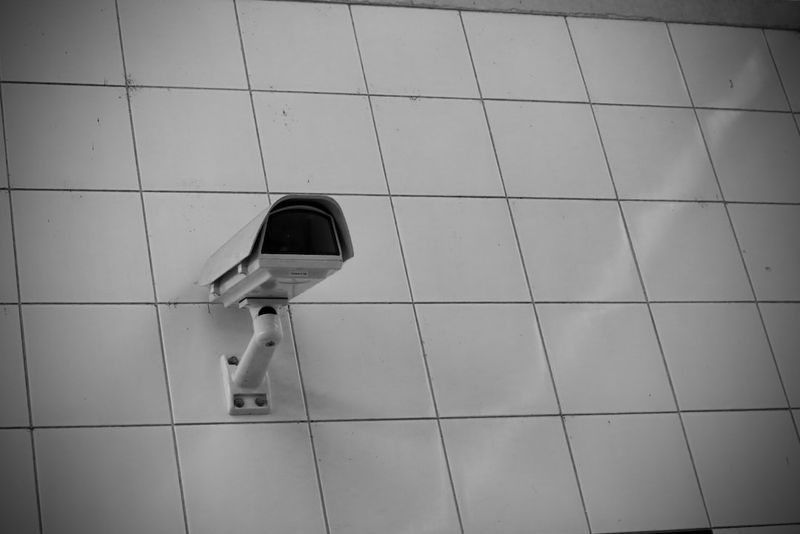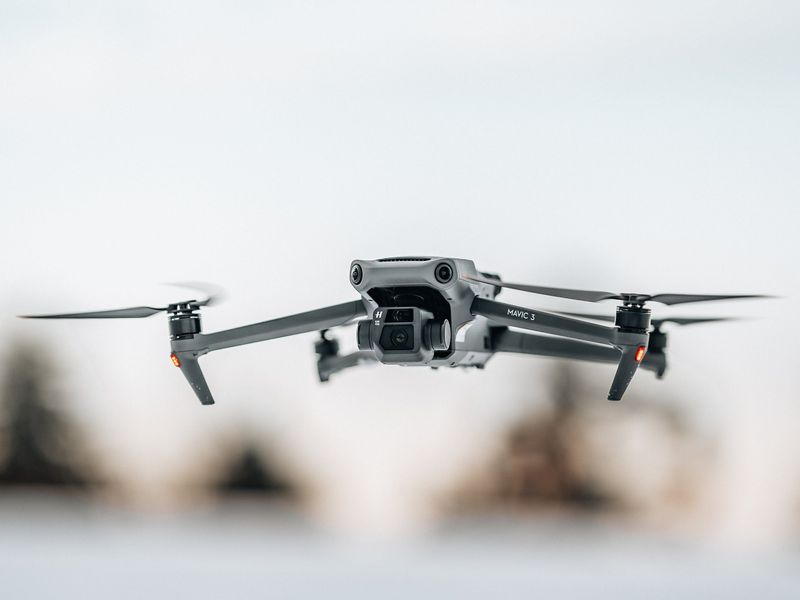A Growing Threat: Pegasus Spyware Targets Russian Journalist’s iPhone
A recent report highlighting the presence of Pegasus spyware on the iPhone of Russian journalist Galina Timchenko has once again drawn attention to the numerous ways in which government and law enforcement agencies are able to deliver this invasive surveillance tool. Timchenko, an award-winning investigative journalist and co-founder of the news site Meduza, received a threat notification from Apple on June 22, warning her that her device was likely the target of a state-sponsored attack. Upon seeking assistance from the University of Toronto’s Citizen Lab, it was confirmed that Pegasus had been installed on her phone in February. Further analysis revealed that the infection was achieved through a zero-click exploit targeting Apple’s HomeKit and iMessage functionality.
The Pervasiveness of iOS Exploits and Vulnerabilities
Pegasus is just one example of the growing number of exploits and vulnerabilities targeting iPhone users. In a recent discovery, Citizen Lab identified an actor utilizing two zero-day vulnerabilities in iOS 16.6, the latest version, to deliver Pegasus without any user interaction. This underscores the urgency for users to update their devices and highlights the ongoing battle between security researchers and malicious actors looking to exploit weaknesses in iOS systems. Earlier this year, Kaspersky uncovered a multiyear spying campaign on iOS users, where a nation-state threat actor leveraged zero-day flaws in Apple’s mobile operating system. While there is no evidence to suggest NSO Group’s involvement in these specific exploits, the frequency at which such vulnerabilities are discovered raises concerns about the ease with which sophisticated spyware can be deployed.
The Invasive Capabilities of Pegasus Spyware
Pegasus, developed by Israeli firm NSO Group, is a highly controversial surveillance tool that allows authorized agencies to extract a wide range of information from targeted devices. Once installed, Pegasus can intercept and transmit messages, emails, media files, passwords, and detailed location information. It employs sophisticated techniques to evade detection by antivirus and threat detection tools. The NSO Group maintains that it sells the technology exclusively to authorized agencies for legitimate crime-fighting and surveillance purposes. However, critics argue that Pegasus enables governments with poor human rights records to spy on journalists, dissidents, activists, and political opponents. In 2021, a leaked database revealed that over 180 journalists and numerous human rights activists, lawyers, and politicians were targeted for surveillance.
The Ethical Implications and Debate
The use of spyware like Pegasus raises profound ethical questions about the balance between security and privacy. While surveillance tools like Pegasus can potentially aid in combating crime and ensuring national security, they can also be abused by authoritarian regimes to stifle dissent and intimidate journalists and activists. The NSO Group’s assertion that it only operates within legal boundaries is increasingly being challenged, as evidence mounts regarding the weaponization of its technology against individuals exercising their freedom of speech.
Protecting Against Surveillance Threats
In light of incidents like this, it is essential for individuals and organizations to take proactive steps to protect their digital security. Regularly updating devices and software is crucial to ensure the latest security patches are applied. Implementing strong, unique passwords and enabling two-factor authentication can also significantly enhance security. Furthermore, being vigilant about suspicious messages, emails, and apps is essential to avoid falling victim to phishing attempts or unintentionally granting malware access to personal data.
While these measures can provide some level of protection, the fact that state-sponsored actors are capable of deploying sophisticated spyware like Pegasus underscores the importance of addressing these threats at a systemic level. Governments must engage in international dialogue to establish ethical guidelines and regulations governing the use of such technologies. Technology companies also bear a responsibility to continuously strengthen their security measures and identify and address vulnerabilities proactively.
In Conclusion
The presence of Pegasus spyware on the iPhone of Russian journalist Galina Timchenko serves as a stark reminder of the challenges posed by state-sponsored surveillance and the growing sophistication of spyware technologies. As individuals and societies, we must remain vigilant, take steps to safeguard our digital security, and demand greater transparency and accountability from technology companies and governments alike to mitigate these threats to privacy and freedom of expression.

<< photo by Kulbir >>
The image is for illustrative purposes only and does not depict the actual situation.
You might want to read !
- Cybersecurity Threats Rampant: Another British Police Force Falls Victim
- Caesars Palace: Hacked and Betrayed by Ransomware Attack
- Rethinking Access Control: Implementing a Zero-Trust Architecture Model for Cloud-Native Applications in Multi-Location Environments
- Apple Takes Urgent Action to Secure iPhones Amid Pegasus Spyware Breach
- The Dangers of Zero-Click Spyware: Russian Journalist Falls Victim to NSO Group’s Attack
- The Urgency of Regulation: Tech Titans Unite to Back AI Oversight
- The Rising Threat: Exploring the Implications of ‘MetaStealer’ Malware Targeting Businesses
- The Future of Open Source Security: CISA Unveils Groundbreaking Roadmap
- Navigating the Complexities: Protecting Data in the Era of Artificial Intelligence
- The Evolving Landscape of Cybersecurity and Compliance in the AI Era
- Cyber Guardians of the Stadium: Securing the Future of Professional Sports
- Ransomware: Unmasking the Criminals Behind RedLine & Vidar
- Dangerous Evolution: Exploring the Cuba Ransomware Gang’s Ongoing Backdoor Threat
- The Unleashing of Human Abstractness in Smart Contracts: A Path to Enhanced Intelligence?
- The Enigma Unraveled: Microsoft’s Insight Into the Chinese Hackers’ Stolen Signing Key
- The Perils of Connecting: Unmasking the Hidden Dangers of Public Wi-Fi




